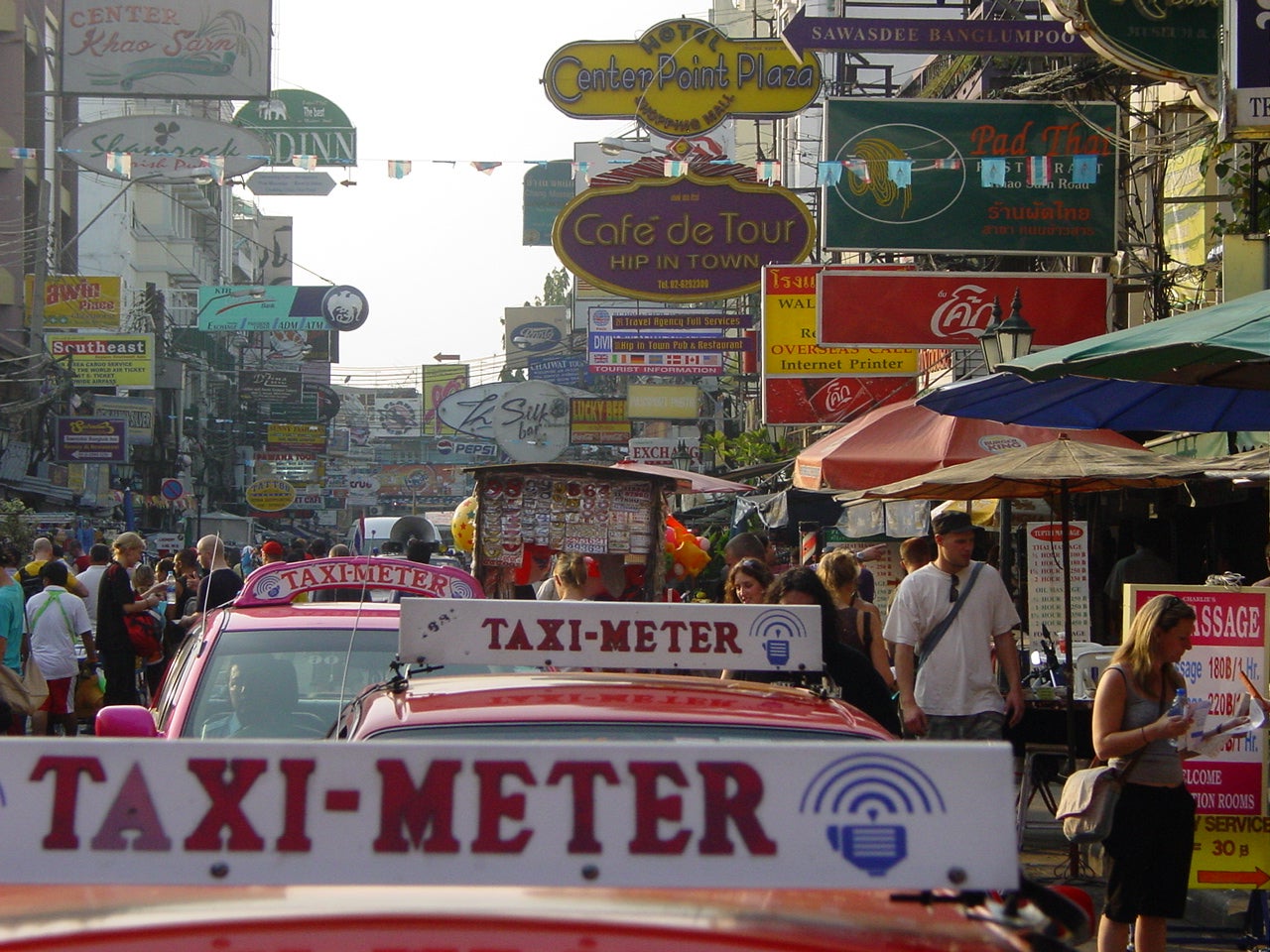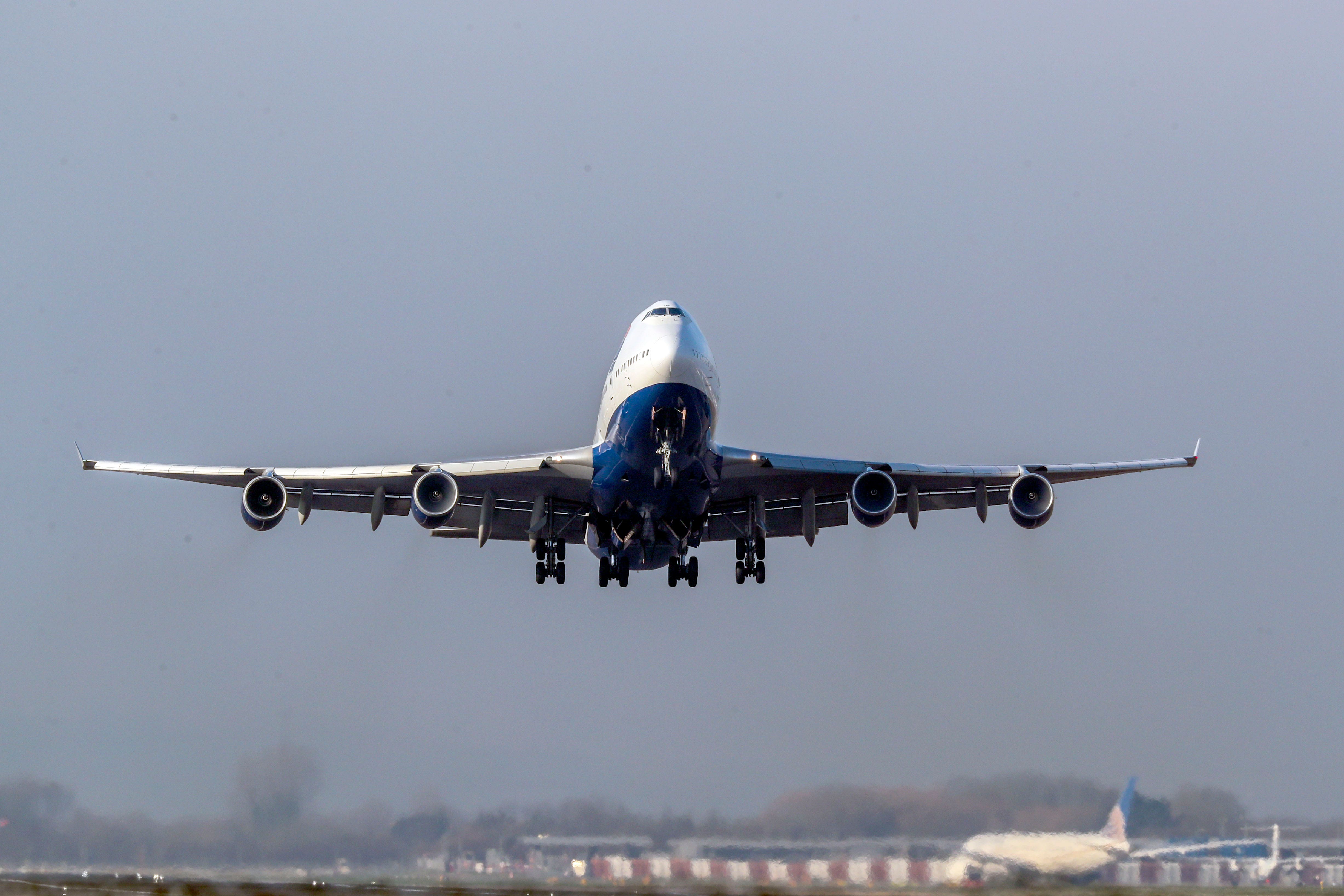What are the hidden depths I might find at Lake Ohrid?
Simon Calder answers your questions on the best time of year to visit Thailand, late deals for holidays, and ‘Lake Como on the cheap’


Your support helps us to tell the story
From reproductive rights to climate change to Big Tech, The Independent is on the ground when the story is developing. Whether it's investigating the financials of Elon Musk's pro-Trump PAC or producing our latest documentary, 'The A Word', which shines a light on the American women fighting for reproductive rights, we know how important it is to parse out the facts from the messaging.
At such a critical moment in US history, we need reporters on the ground. Your donation allows us to keep sending journalists to speak to both sides of the story.
The Independent is trusted by Americans across the entire political spectrum. And unlike many other quality news outlets, we choose not to lock Americans out of our reporting and analysis with paywalls. We believe quality journalism should be available to everyone, paid for by those who can afford it.
Your support makes all the difference.Q I am going to Lake Ohrid in June. Any recommendations?
Amanda C
A Congratulations on booking a summer trip to one of the most intriguing corners of Europe. Lake Ohrid is the deepest in the Balkans – the same size as the English county of Rutland, and even more scenic. The body of water is ringed by mountains; I call it “Lake Como on the cheap”.
It is shared between North Macedonia (which possesses about 60 per cent of the shoreline) and Albania, which has the remainder of the lakeshore. Almost all of the holidaymakers who stay beside the lake are in the town of Ohrid itself, in North Macedonia. Ohrid has narrow cobbled streets, which will be decorated by fresh flowers in June. It also possesses a pleasant lake beach. Decent accommodation and Balkan restaurants are plentiful, offering good quality at 1990s prices.
A small colony of Dutch pensioners has moved in year-round, finding the setting (and living costs) more appealing than the Netherlands. The history of Ohrid goes back many centuries, with an array of ornate monasteries that put the town on the Unesco World Heritage list.
You should devote a day to exploring the place. The second essential: a circumnavigation of the lake, on the road that runs mainly at water level. Rather than renting a self-drive car, it is better to negotiate a local to take you; your hotel will be able to assist.
Don’t forget your passport. Border formalities are brisk. To fill your remaining days, hiking into the mountains is eminently feasible. If that does not appeal, take a trip to the capital, Skopje. Minibuses charge the equivalent of a couple of pounds for the 90-minute trip. A devastating earthquake in 1963 wiped out a large amount of more traditional architecture, though there is still an area with something of the feel of a Turkish quarter of the city, north of the river.

Q At what time of year would you recommend going to Thailand?
Frances L
A November, I say without hesitation. That is partly because I have travelled extensively through Thailand in that month, and have found it ideal in terms of weather, fresh and welcoming.
While Thailand is hot and humid all year, some months are better than others. November marks the start of the dry season after the May-October rains (though late November is more likely to be free of the odd downpour). This applies in all the key locations: Phuket, my favourite of the larger Thai islands; Bangkok, the capital; and Chiang Mai, the northern city that is also a centre for trekking.
There are other factors at work besides good weather. Many people travel to Thailand in the European summer. Besides the questionable decision to travel somewhere in the wet season, it is also a waste because there are so many lovely places to be at that time on the continent and around the Mediterranean.
In contrast, the 11th month of the year is generally drab in Europe. While it is a good time to visit locations such as Venice and Barcelona that are crushed by tourism in the summer, many people prefer a relaxing, warm and fascinating holiday – which is what Thailand will deliver.
Price is also a factor. In November, it is easy to find fares below £500 return from London to Bangkok, and below £700 from Manchester and some other UK airports. Typically at peak times such as Christmas, New Year and Easter these fares will double – and the beaches and temples of Thailand will be much busier, too.
Finally, do consider an “open-jaw” itinerary if you want to explore the nation. Flying in to Chiang Mai and out from Phuket (for example on Air China) will not add substantially to the total cost, and will allow you to avoid doubling back at the end of your Thai journey.

Q What is the best way to get a late deal on a holiday? Where’s the best place to look online? Do late deals even exist any more?
Paul R
A “Lates”, as package holidays sold shortly before departure are known in the travel industry, emerged around 1980. They were the first iteration of “dynamic pricing” that is so prevalent today: the idea that companies set prices so that they can sell their stock at the highest price the market will sustain.
Airlines are now adept at the technique of filling planes: for easyJet and Ryanair, typically only a dozen or so seats remain empty on the average flight. For “vertically integrated” package holiday firms – which offer flights plus accommodation – the imperative is even greater. An empty seat is one thing; an empty hotel bed exacerbates revenue that has gone and cannot be retrieved. So if space remains on a charter flight that is due to depart in a couple of days, there is still a good chance you can grab a bargain. Checking with Tui for a holiday from anywhere in the London area in the next three days, a week on the Greek island of Zante is available for £180 per person (based on two sharing). The price includes flights from Stansted, transfers to the Angela Hotel in Laganas and a week self-catering. That works out at just about £1 per hour.
Such deals are getting rarer, though – partly because demand for travel is largely outstripping supply, and partly because pure package holidays are rarer than once they were. The UK’s biggest tour operator is now Jet2 Holidays, which is an airline that has an excellent package operation as well, while easyJet Holidays is a parallel offshoot of Britain’s biggest budget airline.
When demand is particularly strong, lates can end up costing much more than holidays booked earlier. But if you have the flexibility to travel when prices are lowest, and are not too fussed about where you end up, then snap up a bargain from one of those big companies. Or seek out a late deal on a cruise: they often provide even deeper discounts. A good travel agent will be your ally.
Email your question to s@hols.tv or tweet @SimonCalder
Join our commenting forum
Join thought-provoking conversations, follow other Independent readers and see their replies
Comments